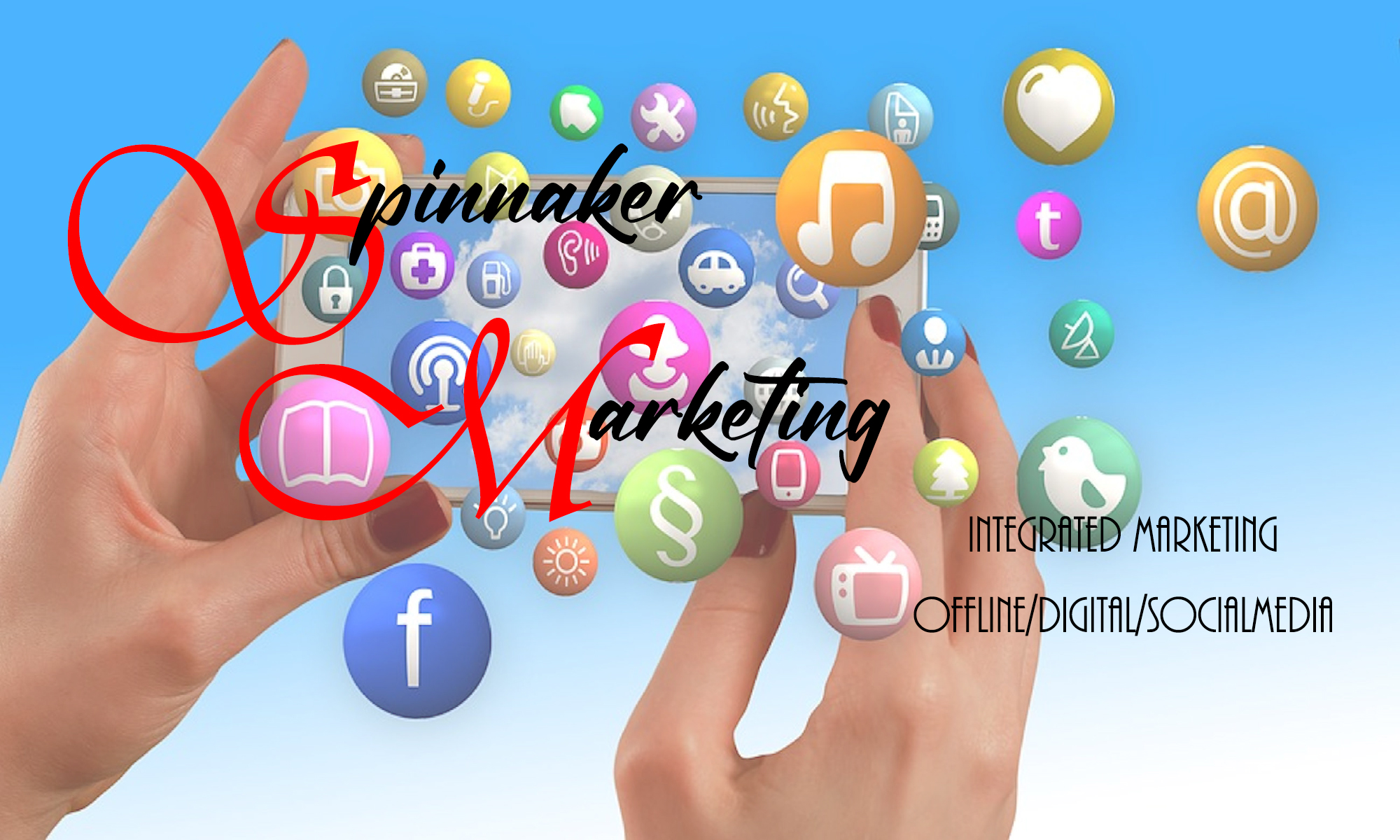The German drug maker Merck KGaA has begun legal action against Facebook after discovering what its lawyer described as the “the apparent takeover of its Facebook page”.
The webpage is being used by the German firm’s US rival Merck & Co.
Merck KGaA said that the social network “is an important marketing device [and] the page is of great value”, adding that since its competitor was benefiting from the move “time is of the essence.”
This kind of happening has been in the making for a long time and again demonstrate Facebook’s disregards for due process and communication, something fairly typical of social media platforms in general. Somehow, the basic social media rules do not seem to apply to social media companies.
As social media becomes increasingly important to communicate with and engage a company’s constituencies, social media companies will need to be more responsive and accountable, and if they want to attract more advertisers, they will have to implement systems to communicate with their own constituencies, something their customers learned a long time ago.
This event though, illustrates and reinforces the need to understand that an organization should not build their online presence and strategy around the social networks, but around something they have actual control and ownership over, their website and develop their website into an interactive platform. They then should use social media to drive traffic to their website, something Facebook has been steadily trying to curtail.
This legal action from a major companies could benefit us all by making Facebook more accountable
